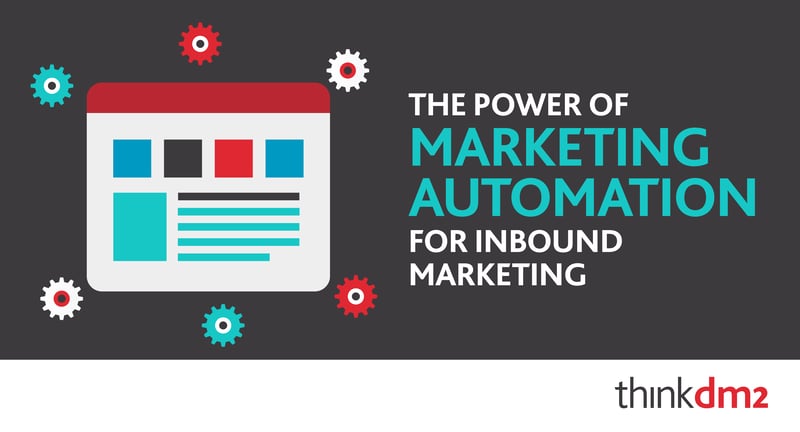
If marketing automation isn’t part of your b2b marketing strategy, you might want to invest in it this year. In fact, according to a 2015 survey by Ascend2, 42% of businesses are now using marketing automation, which is a significant jump up from previous years. Here are a few ways marketing automation can impact your marketing strategy in 2016.
Marketing automation has the ability to enhance the impact of your content, lead intelligence, increase conversion rates, and improve the overall customer experience for your brand. When effectively implemented, marketing automation is a powerful tool for B2B companies to improve marketing ROI.
Improves Accountability of Marketing & Sales Teams
By setting up a marketing automation system within your company, you can systematically nurture leads to become sales-qualified leads. Think of it as a central marketing database for all of your marketing information that includes detailed prospect and customer interactions and behaviors, so you can segment and target the right message to each customer.
Supports More Time For Creativity
When you replace manual repetitive work with automated rules and campaigns, you naturally free up your staff’s time to focus on more creative tasks. This might seem counter productive but actually, implementing these types of programs allows your staff to vary their creative work instead of focusing on mundane repetitive tasks to get the same results.
Targets A Defined Audience
The beauty of marketing automation is in its ability to create targeted marketing campaigns at a bigger scale than used to be. With these automated systems, your company has the opportunity to reach 1,000 different leads with 1,000 different messages per se, in a fully automated way. By focusing marketing campaigns on a real person (a.k.a. buyer persona), your company can nurture them based on their unique challengers and interests, not only on the email they open or click through.
Saves Time Managing Social Media Campaigns
Imagine not spending your entire day keeping track of your marketing campaigns via social media and instead managing them all through one dashboard. Automation can take your daily social media work from a few hours to 30 minutes, perhaps, allowing you the ability to use your time wisely.The goal is to not completely rely on automation to do the work but, to still understand when to automate and when to engage, find your ideal automation schedule, and create ways to stay tuned into the conversation.
Analyzes Data While You Work
Marketing automation centralizes all of your marketing data in one place, making it easy to monitor your marketing campaigns, analyze data, come to conclusions and making holistic marketing decisions. With automation tools such as HubSpot, Pardot, Marketo, you have the ability to see all your data in one place for: Website Visits, Marketing Campaigns, Company Contact Lists, Landing Pages, Forms,Calls-To-Action, Emails, Blogs, Social Media, etc. These programs offer a way to test, measure, and optimize your marketing ROI and the effect on revenue.
If you are hesitant about implementing a marketing automation system into your overall marketing strategy, you might want to think again. According to Gartner, “85% of customer relationships with businesses will be managed without human interaction by 2020.” By implementing a marketing automation system into your business now, you will streamline your company’s work output, which will save them time and improve operational efficiency.



